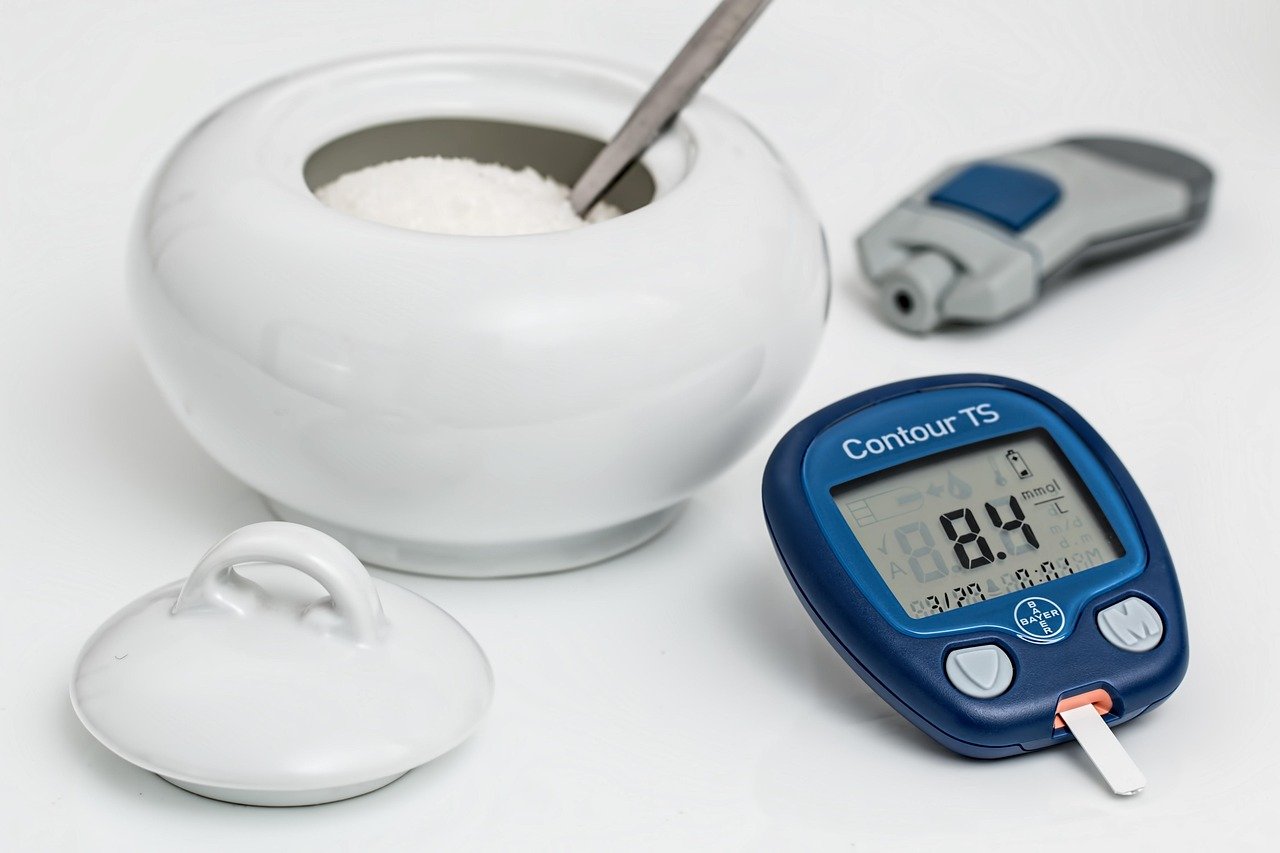
A nursing assistant nurse is a vital part of the health care team. They often greet patients first, help with daily needs, and support nurses in giving care. Their work may go unseen, but it is like the foundation of a house; if it is weak, the whole structure shakes.
To do this job well, you need more than willingness. You need a mix of technical skills and people skills. These allow you to care safely, kindly, and confidently for those who depend on you.
What Does a Nursing Assistant Nurse Do?
As a nursing assistant nurse (sometimes called a CNA or nursing aide), you work under nurses to assist patients with basic care. You help with ADLs (activities of daily living) such as bathing, dressing, toileting, feeding, and moving patients. You also measure vital signs like temperature, pulse, and blood pressure, and report changes to supervising nurses.
Many nursing assistants are close to patients day and night, noticing small changes in condition. This closeness means their role requires both strong skills and a caring heart.
Why These Skills Matter
Skills are like tools in your belt. Without the right tools, you cannot fix or build well. In health care, small mistakes can harm patients. So every action a nursing assistant takes must be careful, thoughtful, and correct. Good skills not only protect patients, but they also help you feel confident and trusted in your work.
Two Groups of Skills: Technical & Personal
Working well as a nursing assistant nurse means combining hard (technical) skills and soft (personal/interpersonal) skills. The first is about doing tasks correctly; the second is about interacting kindly and wisely with people.
Hard (Technical) Skills You Must Have
These are tasks you can learn in training and practice until they become second nature.
1. Vital Signs & Monitoring
You must measure and record temperature, heart rate, respiration, and blood pressure. These readings help detect problems early.
2. Assisting with ADLs (Daily Care)
Helping patients bathe, dress, eat, use the toilet, or move around safely is essential. These tasks preserve dignity and comfort. (turn0search18)
3. Infection Control
Use gloves, masks, hand washing, and waste disposal properly to prevent disease spread. What seems small, washing hands, can be the strongest defense.
4. Medical Terminology & Basic Knowledge
You should know common health terms and body functions. This helps you understand instructions, read charts, and communicate with nurses.
5. Documentation/Record Keeping
Writing precise notes about patient observations, tasks done, and anything unusual is critical. Inaccurate records can lead to errors in treatment.
6. Safe Patient Handling
You often lift, move, or help shift patients. Doing so safely using proper body mechanics protects both you and your patients.
7. Emergency Response & Safety
You should know what to do in emergencies: CPR, alarms, and quick action. When a crisis hits, your readiness matters most.
Soft/Personal Skills You Also Need
These are the human skills that help you work well with patients, families, and the medical team.
1. Communication
Speak clearly, listen well, and pass information to others. Whether writing in a chart or talking to a patient, good communication ties care together.
2. Compassion & Empathy
Patients are often scared, lonely, or in pain. Being kind and understanding helps them feel safer. Your compassion can feel like a warm blanket on a cold night.
3. Attention to Detail
Small clues matter, such as slight changes in breathing, skin color, or mood. These little signs are often the first signs of trouble.
4. Patience & Flexibility
Schedules shift, patients may resist help, and situations change fast. Patience is your anchor, and flexibility is your sail.
5. Teamwork
You rarely work alone. You coordinate with nurses, doctors, and therapists. Working smoothly as a team keeps patient care strong.
6. Problem Solving & Judgment
If a patient feels worse, you must decide whether to alert a nurse or act quickly. Good thinking under pressure is a must.
7. Emotional Resilience
You’ll see suffering, sadness, loss. You need strength to care for others while protecting your own feelings. Self-care matters so you don’t burn out.
8. Time Management & Organization
You have many tasks in a shift, feeding, bathing, charting, and walking patients. Organizing wisely helps you complete your work well.
How Skills Work Together in a Shift
Imagine your shift as a journey. At each turn, you use both your technical and personal skills:
- Early: Greeting patients, recording vital signs, helping with breakfast.
- Midday: Bathing, dressing, assisting in mobility.
- Afternoon: Charting changes, reporting to nurses, answering help calls.
- Evening: Helping with dinner, repositioning patients, and final checkups.
Every task connects: you use safe handling, communication, attention to detail, and compassion. When you help a patient sit up, you need to talk calmly, use body strength safely, observe their response, and re-check records. It’s like an intricate dance where every step matters.
How to Grow These Skills
- Join a certified nursing assistant course or program.
- Practice in labs, ride along with experienced staff.
- Volunteer in hospitals or care homes.
- Study basic health care books or modules.
- Ask mentors and supervisors for feedback.
- Observe others, mimic good behavior.
- Take refresher courses in first aid, infection control, or communication.
Skill grows with steady effort, practice, and humility.
Challenges You Will Face
- Burnout: Long hours, emotional stress, physical fatigue.
- Mistakes: Missing small signs or making errors can have big consequences.
- Heavy Workload: Many patients, limited staff.
- Emotional Strain: Losing patients, caring for suffering persons.
- Conflict or Miscommunication: Between team members or departments.
Knowing these challenges helps you stay prepared and grounded.
Final Thoughts
A nursing assistant nurse role blends hands, heart, and mind. The technical skills keep patients safe; the personal skills give them dignity and care. If you build both sets of skills, stay observant, practice continuously, and care for your own well-being, you can become a trusted pillar in health care.
This job is not easy. But for people who love helping others, it is deeply meaningful. You can be the calm in someone’s storm, the hand in their fear, and the face they trust when they feel weak.






